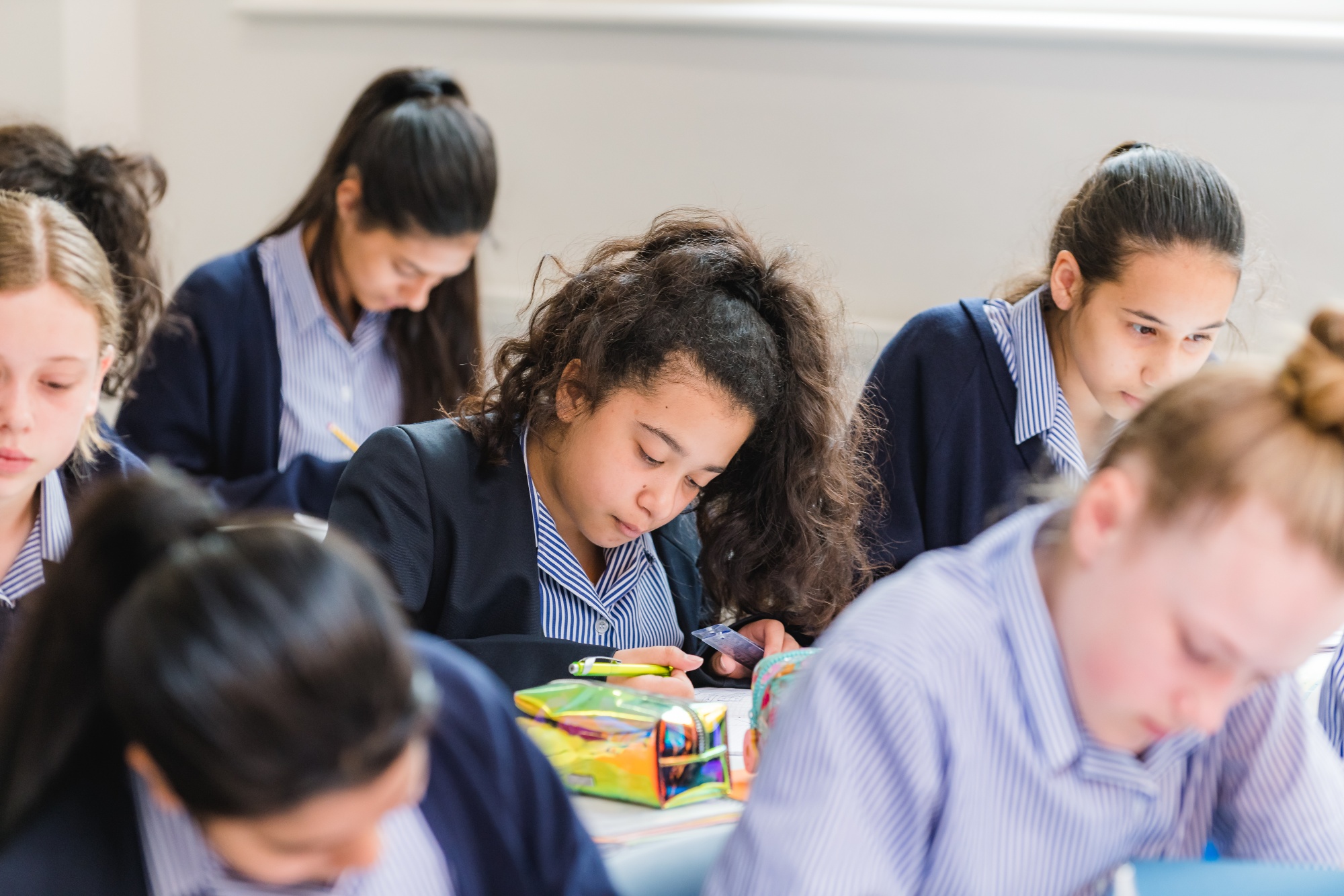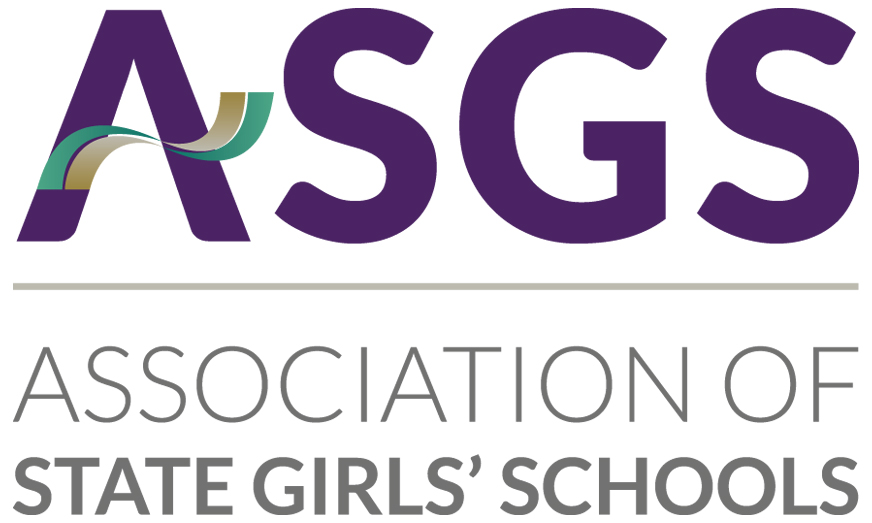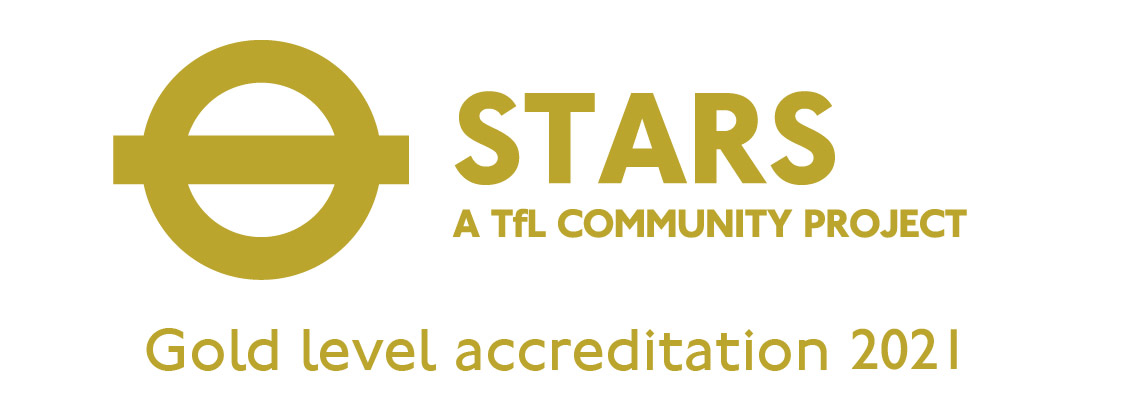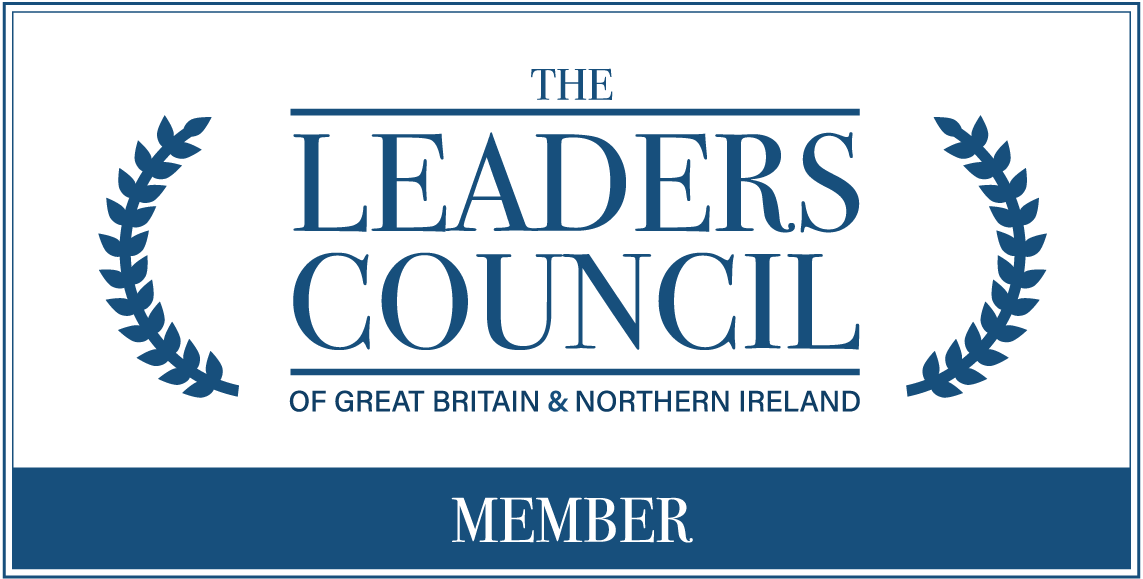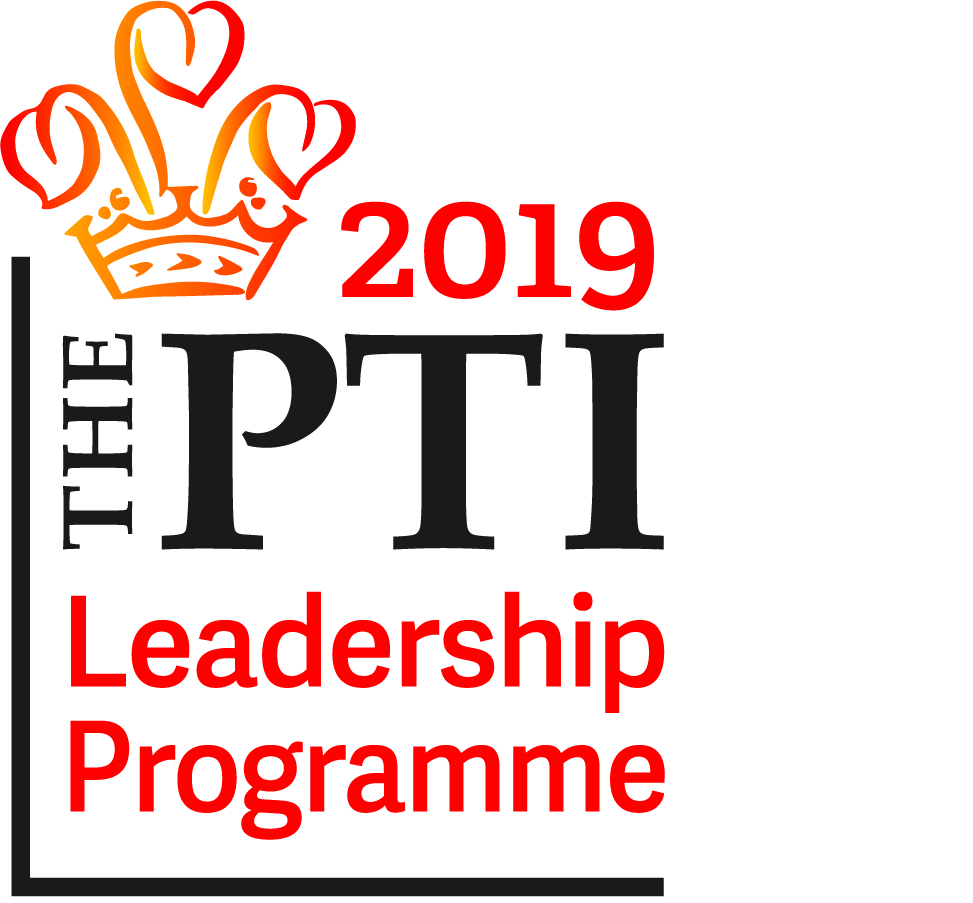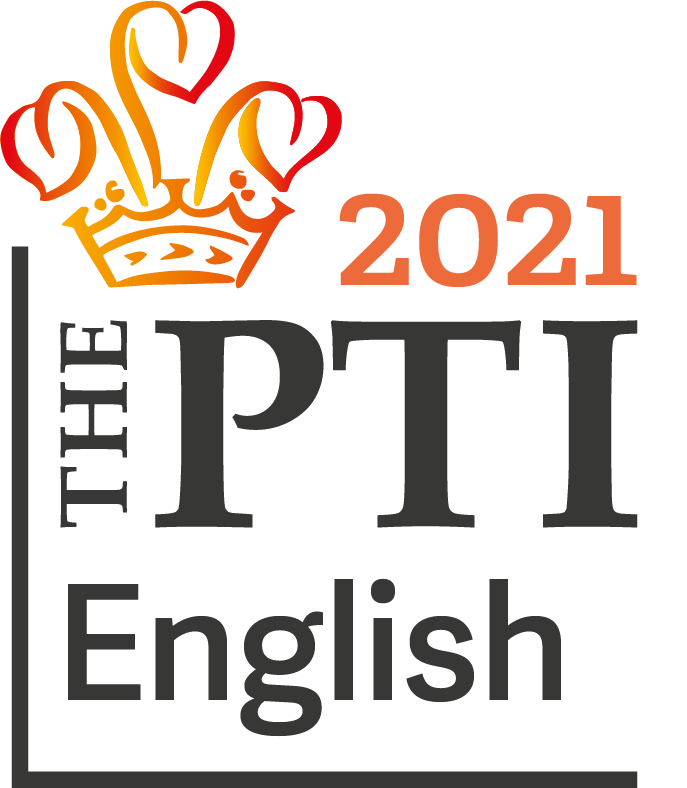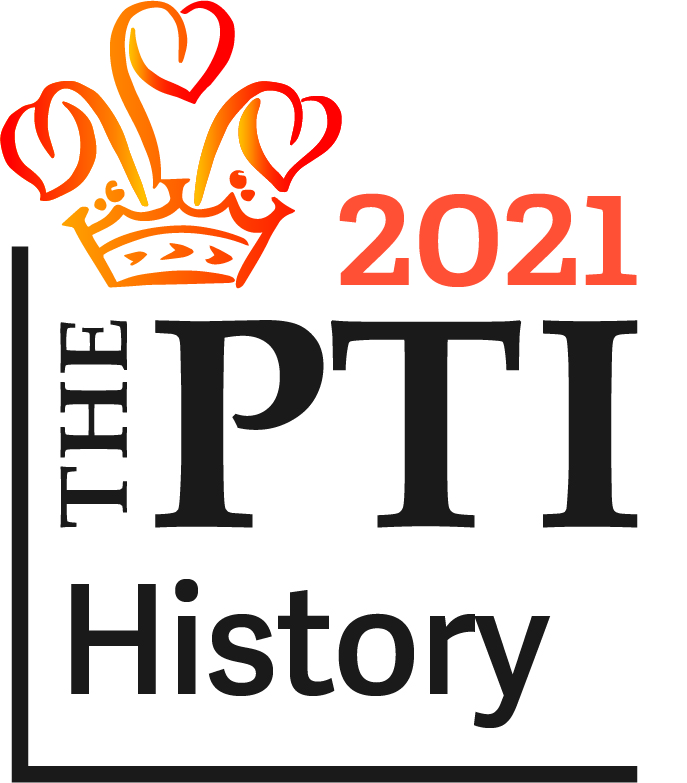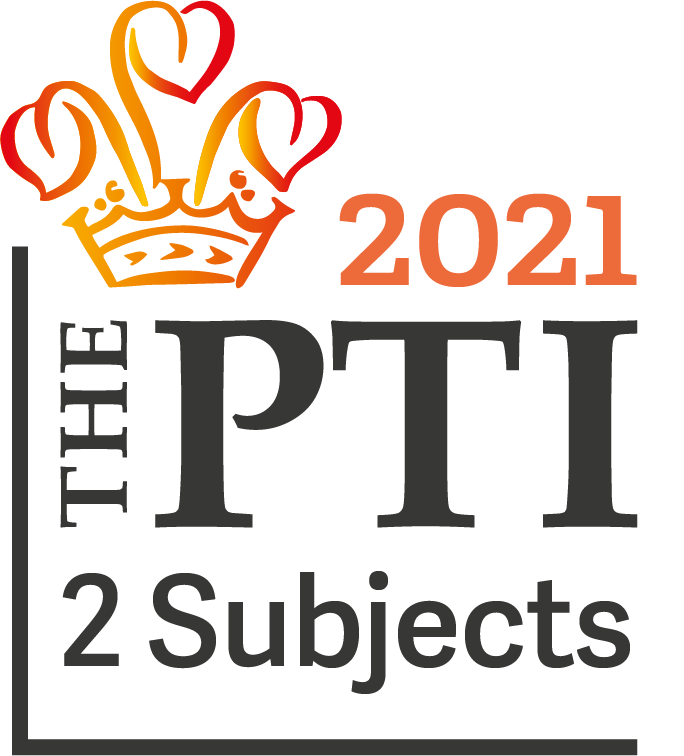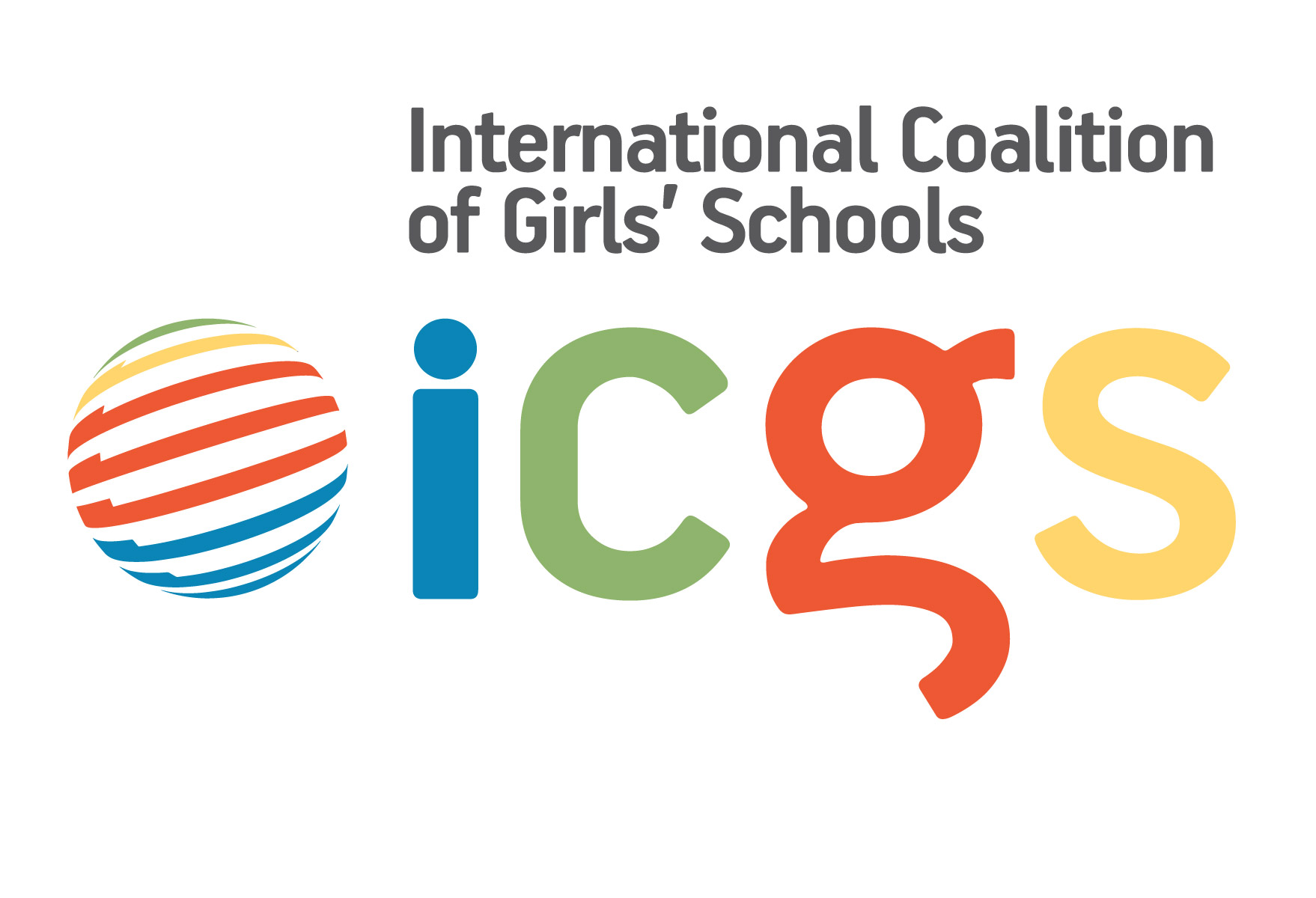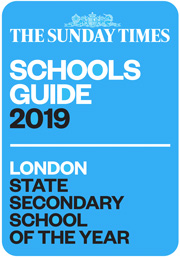| GEOGRAPHY | ||
|---|---|---|
| INTRODUCTION |
Geography tackles the big issues facing the world today such as environmental responsibility, global interdependence and cultural understanding and tolerance. It also aims to bring about an awareness of various human and physical environments, an understanding of their formation and the impacts they have on people and the world.
The topics you study at GCSE will aim to do all of this. Geography seeks to be the most current, up to date and relevant subject for students to learn about so ask your teacher for more information on the topics that are likely to be taught. |
|
| EXAM BOARD | AQA (8035) | |
| STRUCTURE OF COURSE |
UNIT:1 UNIT:2 | |
|
Living with the physical environment Challenges in the human environment |
||
| UNIT: 3 | ||
| Geographical applications | ||
| ASSESSMENT |
Unit 1: Living with the physical environment – 90 minute exam (35%) |
|
| CONTENT | ||
| UNIT: 1 |
The challenge of natural hazards includes tectonic activity, tropical storms, extreme weather in the UK and climate change. Physical landscapes across the UK focuses on both coastal and river landscapes. The living world considers the process of ecosystems with a focus on both tropical forests and hot deserts. |
|
| UNIT: 2 |
Urban issues and challenges include the study of a UK city and a major city in an economically contrasting country of the world. The changing economic world focuses on levels of development. Studies will centre on both the UK and a country that is economically quite different. The challenge of resource management highlights an uneven global distribution of resources. A detailed study will be made of one of these resources. |
|
| UNIT: 3 |
Section A: use of pre-release material in lessons, before the exam, to assess critical thinking and decision making skills. Section B: assessing fieldwork skills that have been developed during two occasions of fieldwork but also assessing these skills using data from an unfamiliar context. |
|
| ADDITIONAL INFORMATION | ||
|
Geography will help you to understand and become aware of the places and people all around you. Surely that’s a useful skill to have!? Geography graduates are among the most employable. They possess an enviable array of skills that employers look for. Geographers can write reports, interpret data, devise questions, make decisions, analyse material and think creatively and independently. Geographers are good communicators, spatially aware, problem solvers, team players, computer literate, flexible thinkers and are aware socially, economically and environmentally. Geography combines knowledge and understanding of both science and the arts. It therefore attracts all types of students and works well with any subject combination. All of this means that Geography graduates find careers in many areas such as management and administration, further training and research, the financial and retail sectors, media and local government. |
||










